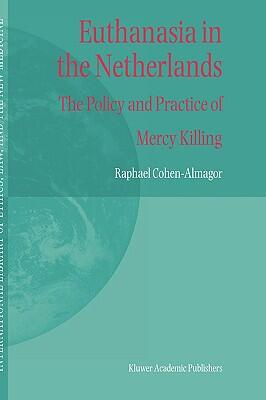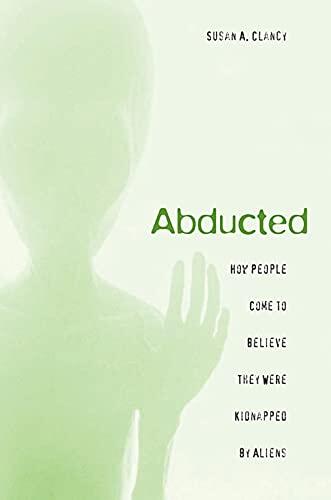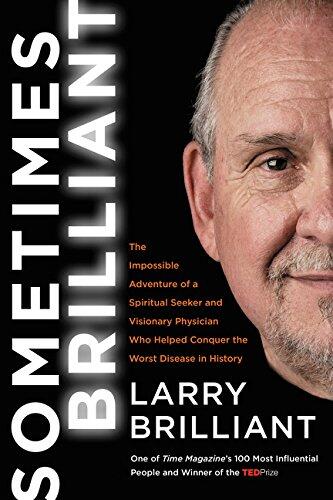
Euthanasia in the Netherlands: The Policy and Practice of Mercy Killing
بواسطة
Raphael Cohen-Almagor
لا توجد تقييمات بعد
Health & Wellness
تنسيق
غلاف صلب
صفحات
218
لغة
الإنجليزية
منشور
Jul 13, 2004
الناشر
Springer
الطبعة
2004
رقم ISBN-10
1402022506
رقم ISBN-13
9781402022500
الوصف
R. Cohen-Almagor delves into a profound and complex subject with an insightful examination of euthanasia practices in the Netherlands. The narrative provides a thorough exploration of the policies surrounding mercy killing, offering a critical analysis of how these policies have been implemented in a society that grapples with ethical dilemmas. The nuanced discussion sheds light on the motivations behind euthanasia, including compassion, patient autonomy, and the inherent challenges faced by healthcare providers.
As societal attitudes towards euthanasia continue to evolve, Cohen-Almagor’s work emphasizes the importance of understanding the implications of legal frameworks and public perception. Through detailed case studies and interviews, the author highlights both the benefits and the potential pitfalls of such policies, encouraging readers to think critically about the moral and ethical ramifications involved. This introspective journey not only informs but also provokes thought on the balance between individual choice and societal responsibility.
By presenting a comprehensive overview of the policy and practice in the Netherlands, the book serves as a vital resource for scholars, policymakers, and the general public. It invites readers to engage in a meaningful dialogue about the delicate issues of life, death, and the choices that lie in between, ultimately advocating for a compassionate understanding of this deeply personal journey.
As societal attitudes towards euthanasia continue to evolve, Cohen-Almagor’s work emphasizes the importance of understanding the implications of legal frameworks and public perception. Through detailed case studies and interviews, the author highlights both the benefits and the potential pitfalls of such policies, encouraging readers to think critically about the moral and ethical ramifications involved. This introspective journey not only informs but also provokes thought on the balance between individual choice and societal responsibility.
By presenting a comprehensive overview of the policy and practice in the Netherlands, the book serves as a vital resource for scholars, policymakers, and the general public. It invites readers to engage in a meaningful dialogue about the delicate issues of life, death, and the choices that lie in between, ultimately advocating for a compassionate understanding of this deeply personal journey.



















